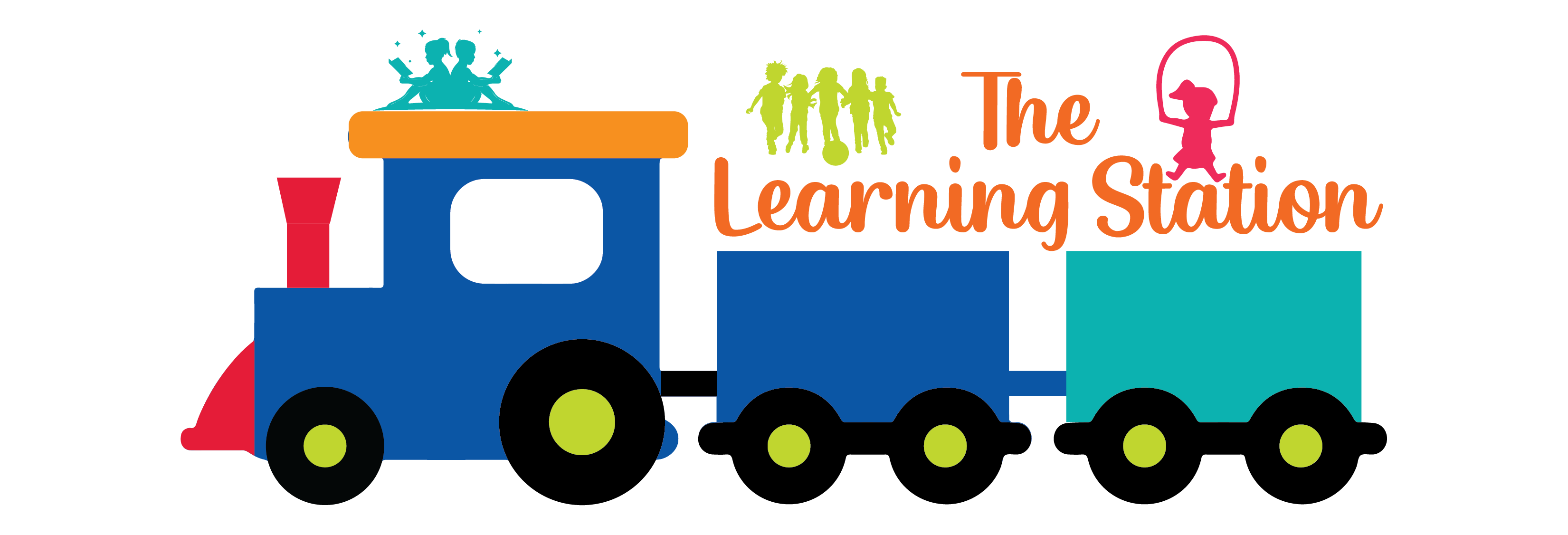Exams are a significant aspect of the educational journey, often serving as milestones for students’ academic progress. However, along with the anticipation of success, exams can also bring about feelings of stress and anxiety. Recognizing the challenges that exam stress poses, home tutoring experts offer valuable strategies to help students navigate this demanding period with confidence and resilience.
Understanding Exam Stress
Exam stress is a natural response to the pressure of academic evaluation. It can manifest in various forms, including anxiety, nervousness, lack of concentration, and even physical symptoms such as headaches or stomach aches. While a certain level of stress can be motivating, excessive stress can hinder performance and overall well-being.
The Role of Home Tutors in Managing Exam Stress
Home tutors play a crucial role in supporting students through their exam preparation journey. With their personalized approach and individualized attention, home tutors can address specific needs and concerns, helping students develop effective strategies to manage exam stress.
Strategies from Home Tutoring Experts
1. Establishing a Structured Study Plan
One of the first steps in managing exam stress is creating a structured study plan. Home tutors work closely with students to develop a realistic timetable that allocates sufficient time for revision, practice, and relaxation. Breaking down the study material into manageable chunks and setting achievable goals can alleviate feelings of overwhelm and instill a sense of control.
2. Practicing Mindfulness and Relaxation Techniques
Home tutoring experts often emphasize the importance of mindfulness and relaxation techniques in reducing exam stress. Techniques such as deep breathing exercises, meditation, and progressive muscle relaxation can help students calm their minds, improve focus, and alleviate physical tension. Integrating these practices into daily routines can promote a sense of balance and well-being amidst the pressures of exam preparation.
3. Encouraging Positive Self-Talk and Confidence Building
Negative self-talk and self-doubt are common triggers of exam stress. Home tutors work with students to cultivate a positive mindset and build confidence in their abilities. Encouraging affirmations, focusing on past successes, and reframing challenges as opportunities for growth can empower students to approach exams with a sense of self-assurance and resilience.
4. Providing Targeted Academic Support
Beyond emotional support, home tutors offer targeted academic assistance to address areas of weakness and reinforce learning. Through personalized instruction, practice exercises, and feedback, tutors help students build mastery and confidence in key subject areas. By addressing academic concerns proactively, tutors mitigate anxiety related to performance and readiness for exams.
5. Promoting Healthy Habits and Self-Care
Physical well-being is closely linked to mental and emotional health. Home tutoring experts emphasize the importance of maintaining healthy habits and self-care practices during exam preparation. Encouraging adequate sleep, nutritious eating, regular exercise, and leisure activities can enhance students’ overall resilience and coping mechanisms, enabling them to manage stress more effectively.
6. Offering Test-Taking Strategies and Time Management Skills
Effective test-taking strategies and time management skills are essential components of exam preparation. Home tutors equip students with techniques such as skimming passages, strategic guessing, and prioritizing questions to optimize their performance during exams. By familiarizing students with exam formats and providing opportunities for timed practice, tutors instill confidence and readiness for the testing environment.
Conclusion
Navigating exam stress is a shared challenge for students, parents, and educators alike. Home tutoring experts play a pivotal role in equipping students with the tools and strategies needed to manage stress effectively and perform at their best during exams. By fostering a supportive learning environment, promoting holistic well-being, and empowering students with targeted academic support, home tutors contribute to students’ success not only in exams but also in life-long learning and personal development. Through collaborative efforts and a commitment to student welfare, we can help students navigate exam stress with confidence, resilience, and success.






Comments are closed